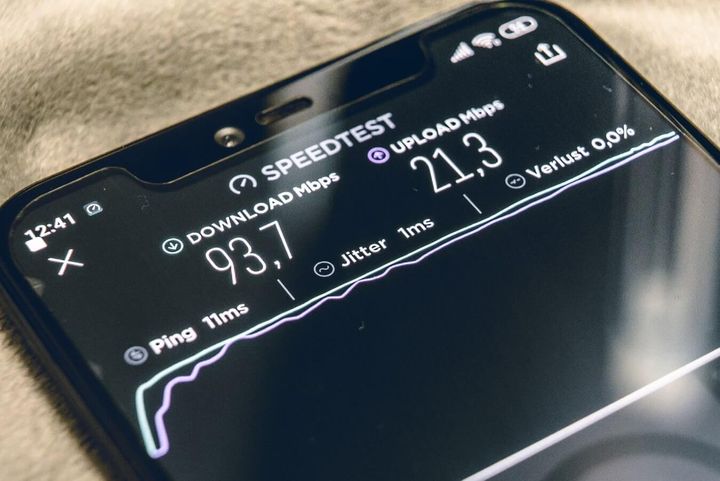To understand why 5G cell towers are more dangerous than other cell towers, we need to take a closer look at how each network operates. As we mentioned earlier, 5G is the 5th generation of cellular technology and needs shorter waves to function at a high speed. Shorter waves mean there’s a greater need for more cell towers because these specific waves have lots of obstacles.
Let’s start with 3G. 3G stands for the 3rd generation of cellular technology. This advancement in technology was unveiled in 2003. 3G operates using cellular technology, as in the signals are passed from tower to tower. Then onto the next cell phone tower and so on. This continues until you answer your phone, find your answer on Google and finish watching YouTube.
Cell phone companies strategically place the cell towers in various locations and different heights to give you the best signal possible. 3G was mostly used to make phone calls, texting, and limited internet use.
With 3G the signal can travel farther-however, there has to be another tower around to pick up the signal and you’re moving. If there isn’t another tower then you experience a temporary interruption in service. With 3G you need fewer towers than 5G to operate. Fewer towers mean less exposure to potentially harmful cell tower radiation.
3G is also referred to as mobile broadband. This term became a catchy way to sell phones and tablets in the mid-2000s.Mobile broadband basically means there are enough cell towers to keep your signal connected while you’re moving around town or traveling around the world!
The data speeds for 3G are much slower than 4G and certainly much slower than 5G.
Let’s take a closer look at 4G. 4G is what most of us are using today. It’s the reason you can Facetime with your best friend in Europe or download an entire movie on your tablet. Some tech experts describe 4G as removing speed bumps in the cellular signal, “allowing traffic to move much faster.”
4G uses cell towers, just like with 3G-however, the speed at which data and information can travel is much different. 4G uses more bandwidth than 3G, which means towers need to be more powerful. The more powerful the cell phone towers, the more potential for radiation to be emitted into our environment.
Even though 4G is more powerful than the 3G network-it’s not nearly as powerful as 5G. 5G is the super horse, a new wave of technology designed to connect everything via the internet. It’s a game changer. This big shift could mean big health consequences as well.
Source: www.radiationhealthrisks.com

